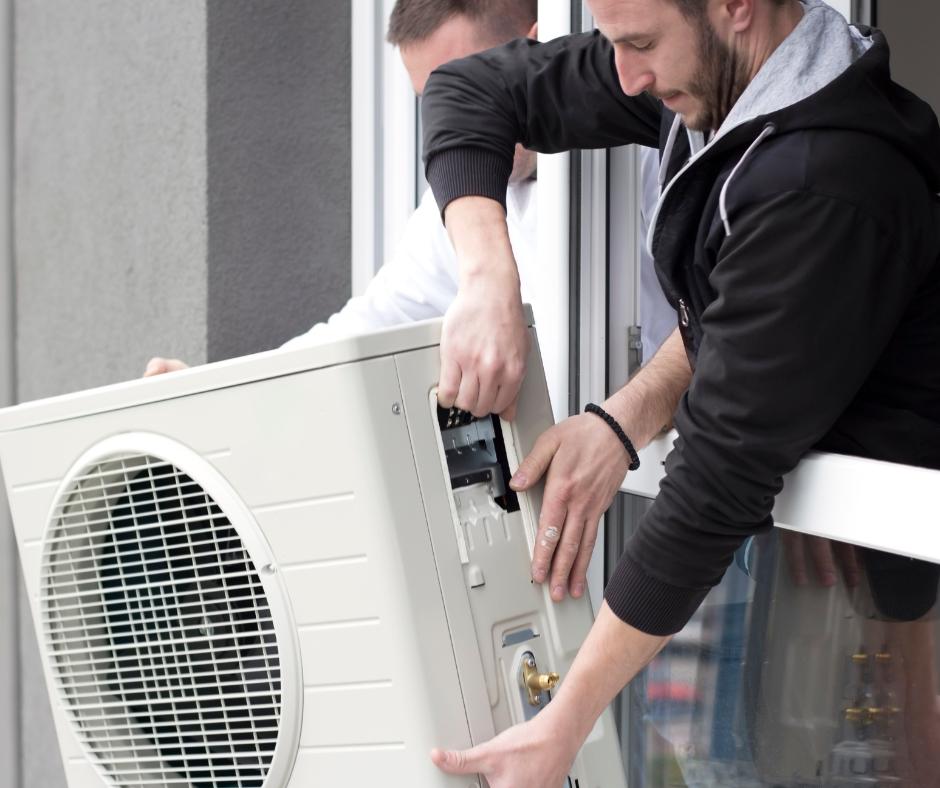
Along with millions of Americans, you’ve decided that this is the year you need to have the air conditioner replaced. The thing is noisy. It broke down twice last year. You don’t want to feed oats to a dead horse, as the old saying goes. Of course you want to save money: that’s why you’re doing this. But here are three things to avoid when you take the plunge.
1. Automatically assuming that you need the same size and type system you’re replacing. If it’s been 10 or 15 years since your current system was installed, you’re in for a pleasant surprise. Air conditioning technology has made great strides. It’s quieter, more efficient, and more compact. Moreover, there are other options such as heat pumps or ductless that might make more sense for your installation. Check out our website for a source of independent information on the topic. http://www.acdoctor.com.
2. Don’t hire a general contractor to replace your HVAC unless he has specific certifications and training in heating and cooling. He should be knowledgable about sizing (Manual J) and ductwork. If someone tells you it’s okay to replace your indoor unit and keep the outdoor unit the same, be skeptical. Get another opinion. If the two aren’t completely compatible, you could have big problems. Same goes for ductwork. Will the old main plenums and supply ducts work seamlessly with your new AC? Do the ducts need to be resized, cleaned, insulated or sealed? Ask questions.
3. Save your do-it-yourself energy for replacing windows or landscaping. (By DIY, we include that friend of your cousin’s who offered to do it for half-price.) Air-handling technology has evolved into a science. As well, there are many types of coolant (refrigerant) available, and your choice will affect not only performance but the impact of your air conditioning on the environment (both your home environment and the larger one). Overcharging or undercharging may result in poor operation. You’re getting involved with a relationship that should last 15 years or more. Best to take your sweet time about the buying and installation before it costs you in annual electrical bills.
